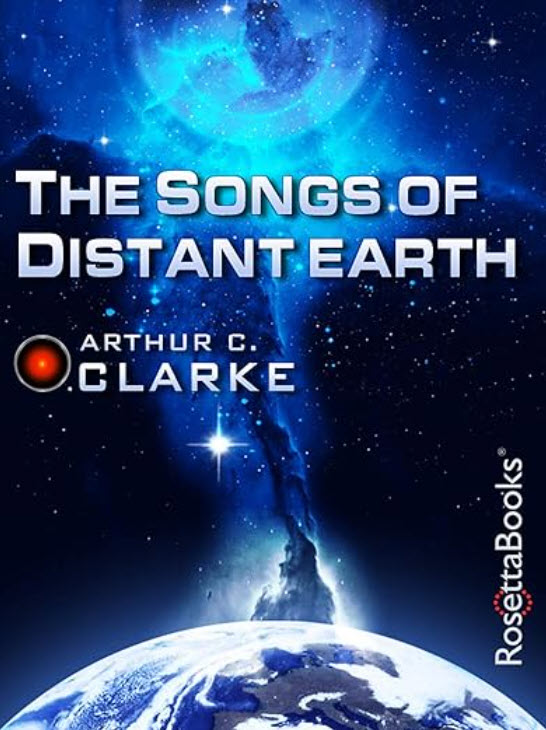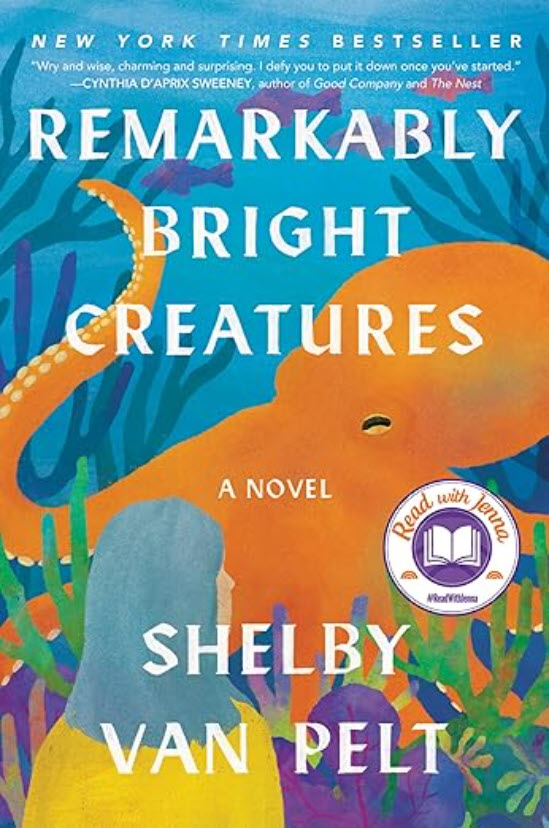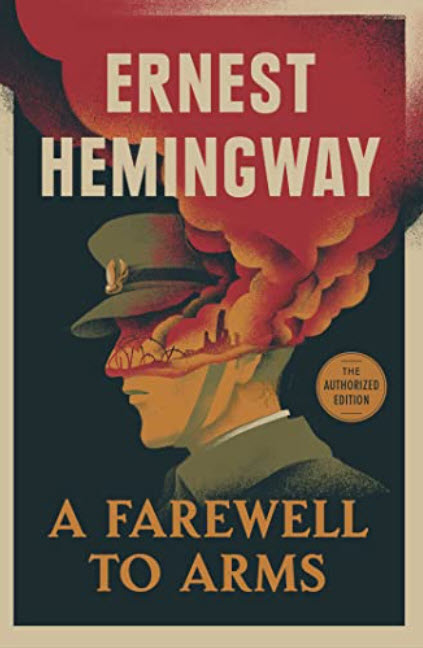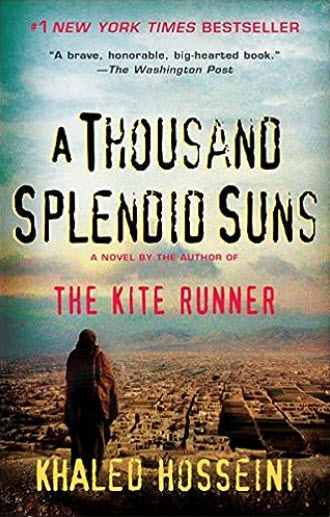The Wager is about a shipwreck in 1741, and the desperate conditions the castaways found themselves in on a desolate island in Patagonia. It is about what happens to humans when they are deprived of everything, comfort, security, purpose, water, food and most of all, hope.
An Armada of British ships sails for the Pacific around the southern tip of South America during the war with Spain, hunting for a treasure-filled Spanish galleon. All but one of the ships perish. The Wager is one of them. This book tells the story of the castaways and their quest for survival.
The life of a sailor was rough. If they reached their objective and conquered a ship, the rewards could be huge. A sailor’s share could be worth as much as 20 years of wages, and the captain would be set for life with a fortune to retire. However, it was hard to get men to sign up for the terrible risks, and for being away from wives, children, family and home for several years at a time. To solve the problem, the navy employed “press gangs” which were militarized units that simply captured hapless men who were at the wrong place at the wrong time, bound them, and hauled them onto ships. Drunken men might wake up miles from shore, never to return. Their families would simply know that they never came home one night. Those men, if they then stood up for themselves, were mutineers, and would be hanged for the offense. And thus was the glorious life of a sailor in His Majesty’s Navy.
The Wager is a non-fiction account of the journey, through the eyes of several of the key participants, mostly recovered from their journals. It is entertaining, captivating and shocking at the same time. In a world, where we can fly from Chile to London in 14 hours, it is difficult to imagine that in 1740, it took a year – if you succeeded to get around Cape Horn – and that was a big IF.
While talking about shipwrecks and sailing, I have read several books about sailing and shipwrecks over the years and reviewed them here:
Endurance – by Alfred Lansing – I read and reviewed this book in 2016; it tells the story of the Shackleton expedition to Antarctica in 1914.
Caliban’s Shore – by Stephen Taylor – Read in 2009, this is about a shipwreck in the 1780 timeframe on the east coast of South Africa.
More about sailing: Two Years Before the Mast – by Richard Henry Dana – Read in 2017, this tells the story of a two-year journey in the 1830s to California around Cape Horn from the point of view of a sailor.
And while we’re at it, you might be interested in Empire of Blue Water – by Stephan Talty – which I reviewed in 2008. It’s a book all about pirates.


















